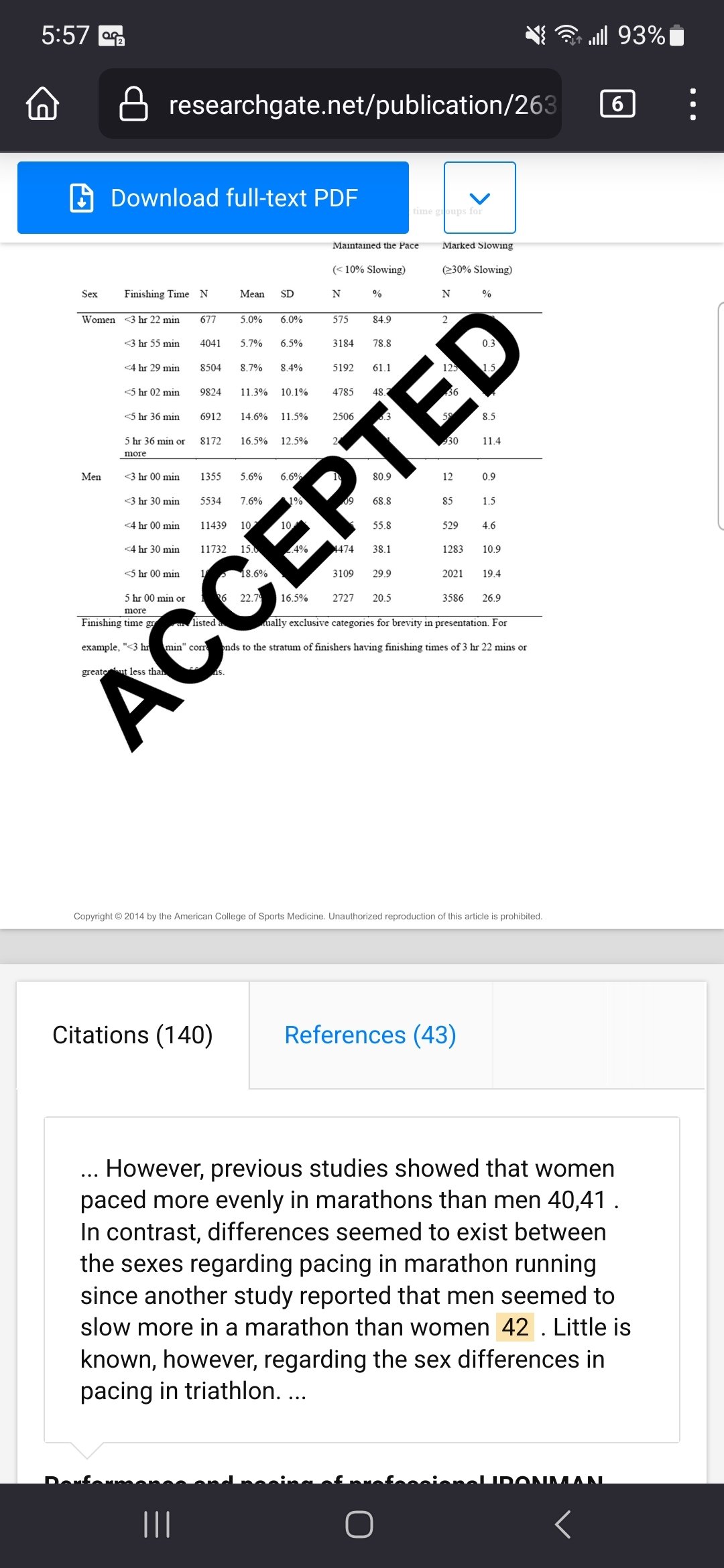

I just can’t even begin to reckon that view. I know he pulled back on it (see his quote I posted elsewhere), but aside from a child’s inability to consent, there’s a gigantic power disparity between an adult and a child. I just don’t get the logic on its very face. There’s no child out there that has the world experience to understand what is happening in that sort of situation.
If anything it’s just a gross oversimplification akin to a spherical cow in a vacuum (ie Assume a child with an adult brain, with world experience of an adult, and has the same relationship power as the adult. Also assume the adult that that is perfectly altruistic, has no alternative motives, and truly cares for the child on the same level as an adult relationship). It’s just so far beyond any real world scenario that I struggle to see how you could even logically come to the conclusion that it’s okay.






This actually connects quite a bit for me. I was wondering why so many weird experiments popped up about magnets working/not working in water. Like why would anyone think they wouldn’t?